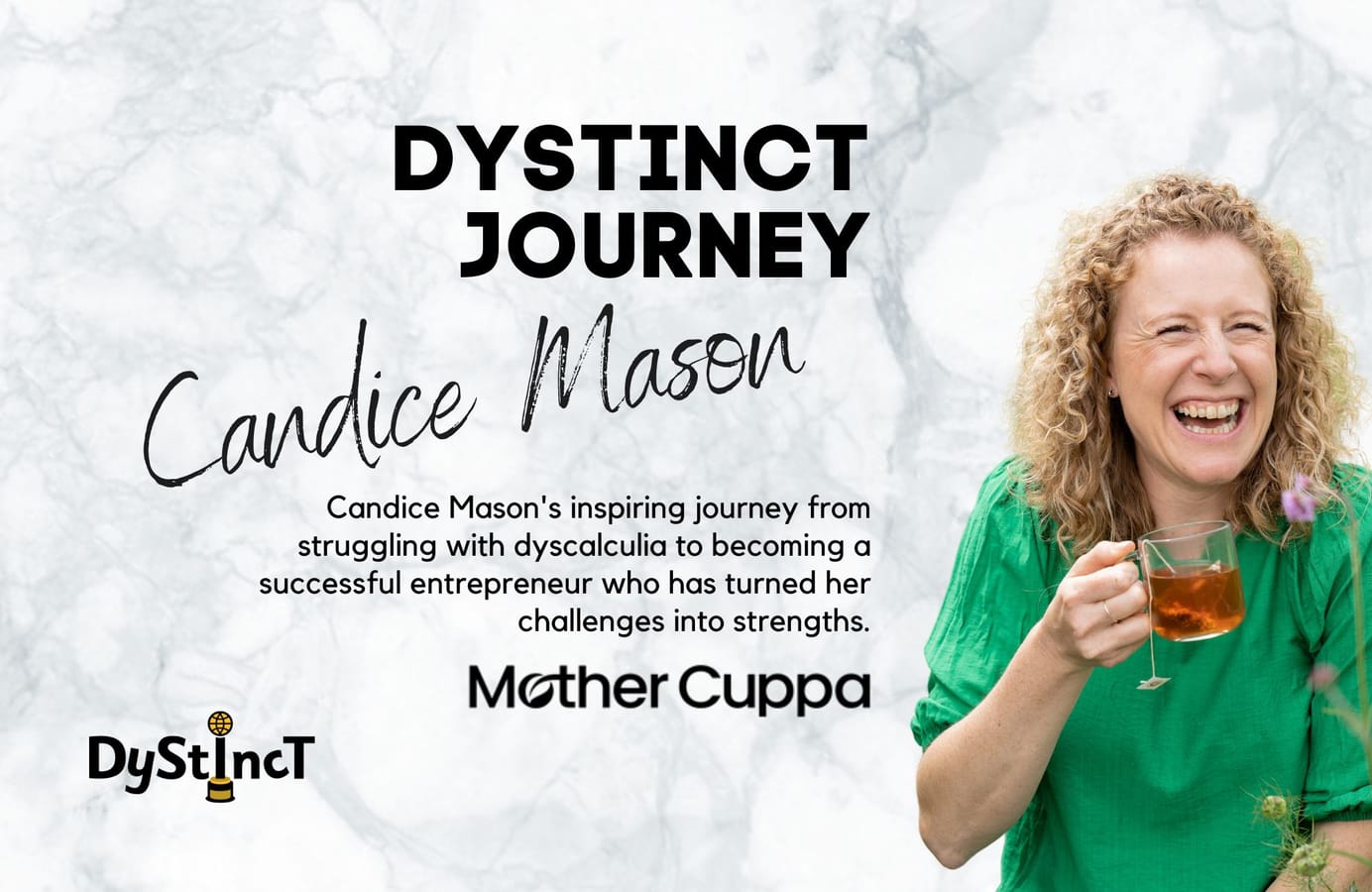
Issue 21: Dystinct Journey of Candice Mason
Candice Mason's inspiring journey from struggling with dyscalculia to becoming a successful entrepreneur who has turned her challenges into strengths.
This post is for paying subscribers only
SubscribeAlready have an account? Log in


